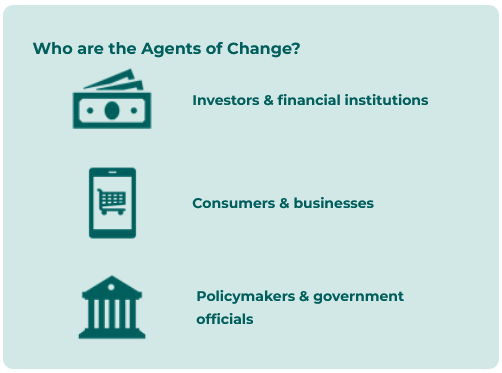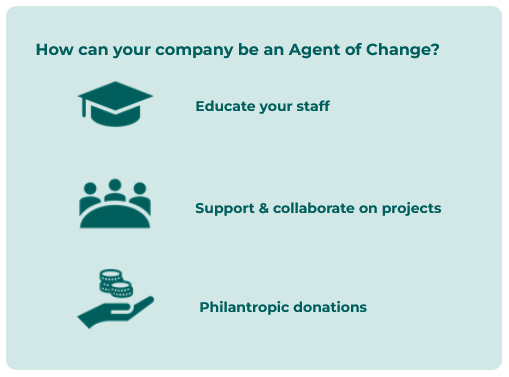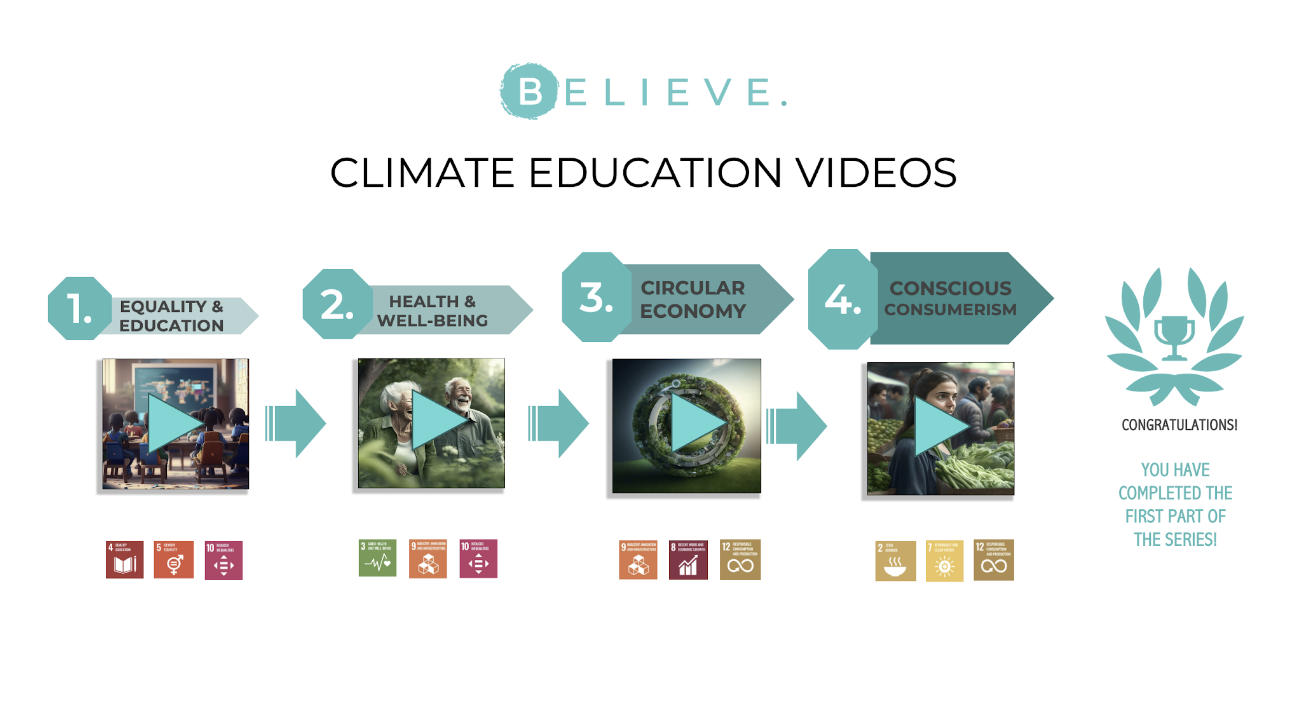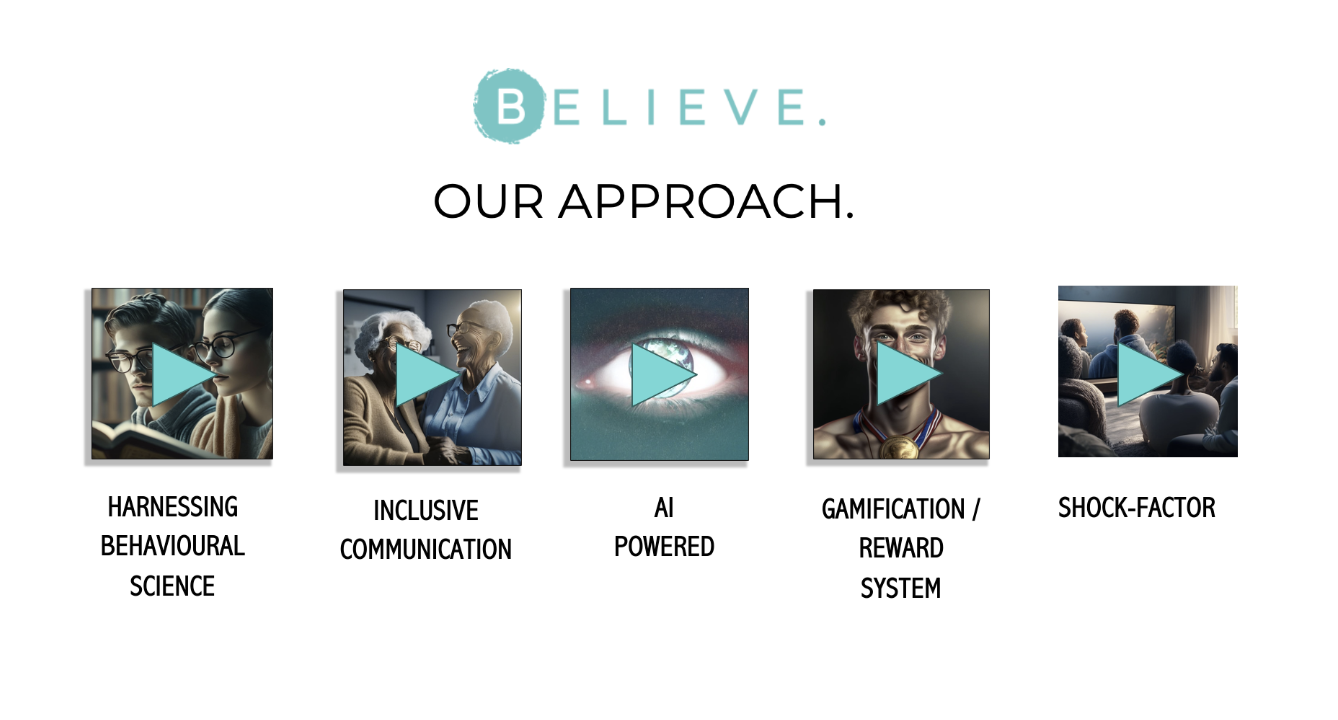The issues of food security and poverty seem perennial, as does the endless capacity for apathy among the unaffected. But how does society in all sectors turn around and really look to face the problems with the level of seriousness they deserve?
The latest update from the World Bank makes for alarming reading, or at least it should. It shows a shocking rise in global hunger levels, with severe difficulty in obtaining food affecting as many as a billion people. Domestic food price inflation remains high across the globe.
Multiple low- and middle-income countries are experiencing double-digit inflation, exacerbating the challenges faced by vulnerable populations, and consequently, child malnutrition rates are rising, affecting some 148 million children.
These are not isolated issues; they are global challenges that demand collective attention and action. The impact of rising global hunger levels reverberates throughout societies, affecting health, education, and economic stability. There is no room for apathy, even if the problems may seem distant to some. We are all in some way responsible for creating a sustainable and equitable world.
” Urgent action is crucial to combat all forms of malnutrition, especially climate-smart action. Without this, gaps between trajectories and SDG goals will continue to widen.”
Corporations in particular hold significant influence and resources that can be harnessed to address the global hunger crisis.
By prioritising sustainable sourcing practices, supporting fair trade, environmentally responsible agriculture, and empowering smallholder farmers, corporates can drive change within their operations and supply chains.
At the same time, targeted investments play a pivotal role in achieving sustainable solutions.
By directing resources towards research, infrastructure development, and social enterprises, stakeholders can make a substantial impact on the global hunger crisis.
Philanthropic investments and informed decision-making contribute to economic growth, job creation, and the empowerment of marginalised communities.
“I t is likely that the number of severely food-insecure individuals will have increased by more than 220 million between 2019 and the end of 2023, primarily fueled by conflict, climate change, and economic shocks worsened by the COVID-19 pandemic.”
Ind ustry collaborating regularly with governments, non-governmental organisations, and stakeholders allows for the development of innovative solutions to tackle food security and poverty.
Equally important however is ongoing education of policymakers and government officials to influence decisions around sustainable agricultural practices, climate resilience, and social safety nets. Policymakers can design targeted programmes, enact supportive regulations, and allocate resources to ensure equitable access to nutritious food and alleviate poverty.
In fact, education emerges as a powerful tool all round for addressing food security and poverty.
Recognising the urgency of the global hunger crisis and the interconnectedness of these challenges, is the first step.
Reports are informative, and pictures emotive but it’s essential to consider education as a key strategy moving forward.
By prioritising education, society can break the cycle of apathy and work collectively to create a more just and sustainable world.
Through strategic investments, collaboration, and informed decision-making, positive change can be achieved in the global food system, ensuring equitable access to nutritious food and alleviating poverty.
We B ELIEVE. in Business as a Force For Good.









